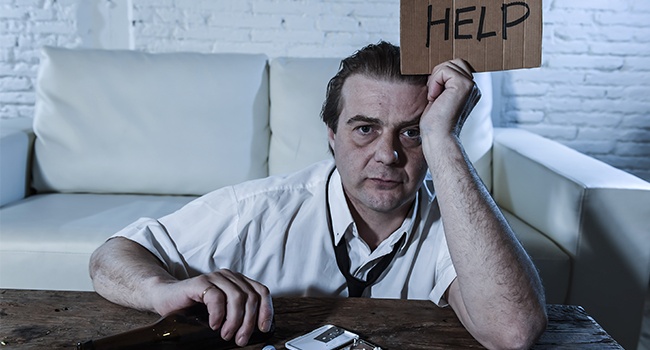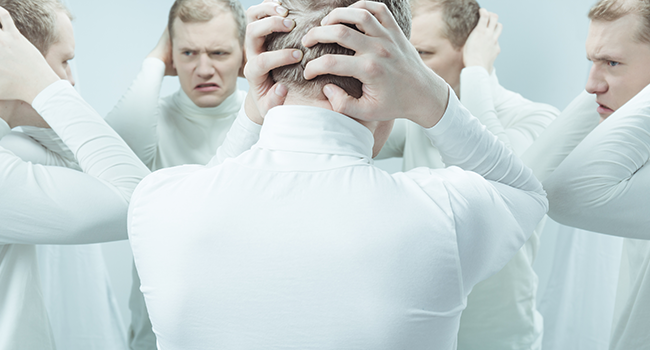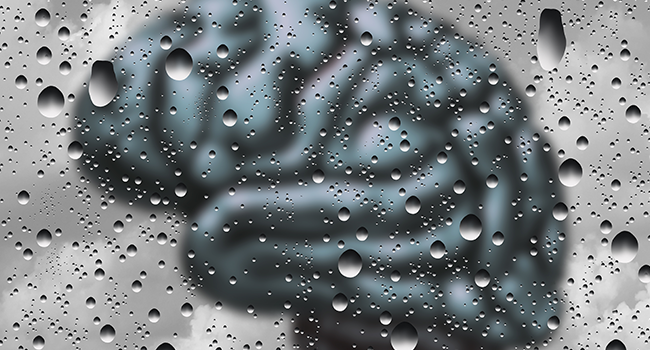Abuse is not a pleasant word. It is often associated with physical abuse but in this context, we will be talking about abuse on a whole new level – multiple drug abuse.
Various types of drugs and substances when abused and used incorrectly and/or irresponsibly, can bring grief, pain and bodily harm in many ways. The dangers of abusing them are multiplied exponentially the more of them you use at the same time. Today, we look at one of the most dangerous and deadliest of drug mixing habits – alcohol and opiates.
Everyone knows what alcohol is, it is legal after all. Most people consume it in some way and when used responsibly it can be even beneficial – a glass of wine a day can keep blood pressure in check and provides many essentials for a healthy immune system. Why is it such a source of hardship and pain for so many people worldwide?
It is legal.
Everyone knows drugs are illegal and bad, right? Yet why are the same people proclaiming the dangers of cocaine while holding a beer in their hand? Because it is legal and sadly highly addictive. People have been placed at a false sense of security when interacting with alcohol. They believe that since it is legal and in some cases even beneficial, that it is ok to consume it and be under its influence every waking minute of the day. A lot more people die of alcoholism complications than overdosing on heroin and that is a fact perpetuated by the carefree attitude today’s society has towards alcohol.
Speaking of heroin.
It falls under a specific class of drugs – opiates. Derived from the beautifully red poppy flower seed pod, these drugs are classified as opiates and cover a wide range of prescription drugs as well as heroin and opium itself. This amazing plant has given us countless painkillers and pain relief therapies. As much of a saving grace these drugs are for people who truly need them, they are a double-edged sword and prove to be one of the most addictive types of drugs in the world. Most heroin addicts today started with prescription opiates, meant to alleviate pain caused by a sports injury or some other type of accident that calls for pain control for the patient to be able to lead a comfortable and fulfilling life. When the medication course is over and the doctor deems painkillers unnecessary, the patient has already been hooked. Usually due to misuse and abuse of said drugs. The patient is in pain, so he takes more than allocated dose thinking that double dose will kick in twice as fast. What it does though, is signing him up for a fast-lane to addiction.
A cocktail of death.
Now, combine the two. As blatantly obvious as it may be, combining two highly addictive substances is a terribly bad idea in general. Even more so if we are talking about opiates and alcohol specifically because they amplify each other, bolstering and intensifying many times over.
Opiates play a trick on your body and make it absorb alcohol at a much faster rate making its effects set in faster and with multiplied force. Meanwhile, alcohol boosts the depressant effect opiates, makes forgetting that your addiction will kill you sooner or later that much easier to forget. Double attack to central nervous system, both actively depressing it and making the addict even more disconnected with the world.
This focused attack on two fronts is often too much for normal human nervous system to handle for a prolonged period of time. This deadly cocktail will make your breathing irregular while making you suffer from heart rate decrease, which in turn lowers your body temperature. The brain is slowly starved of sufficient oxygen supply and may induce nausea, vomiting and even full-body seizures. This often leads to the addict falling unconscious or in a coma. Death is also a very real threat in this case.
Since opioids make your body absorb more alcohol, severe alcohol poisoning is just a matter of time. Since alcohol in return boosts the effectiveness of opioids, the chances of overdose are extremely high. This is a case where separately a certain dose of these two substances would not kill you, but together they very well might because of the mutually increasing properties of these potent drugs.
Fighting an addiction is hard. Fighting two addictions at the same time is exponentially harder, especially if your liver is failing and your heart can’t keep up with the opioids. It is never a time to give up, however. Every addict has a chance to get a new lease on life, turn a new page. It will take all you have, both physically and mentally, but it is better than the ugly alternative.














